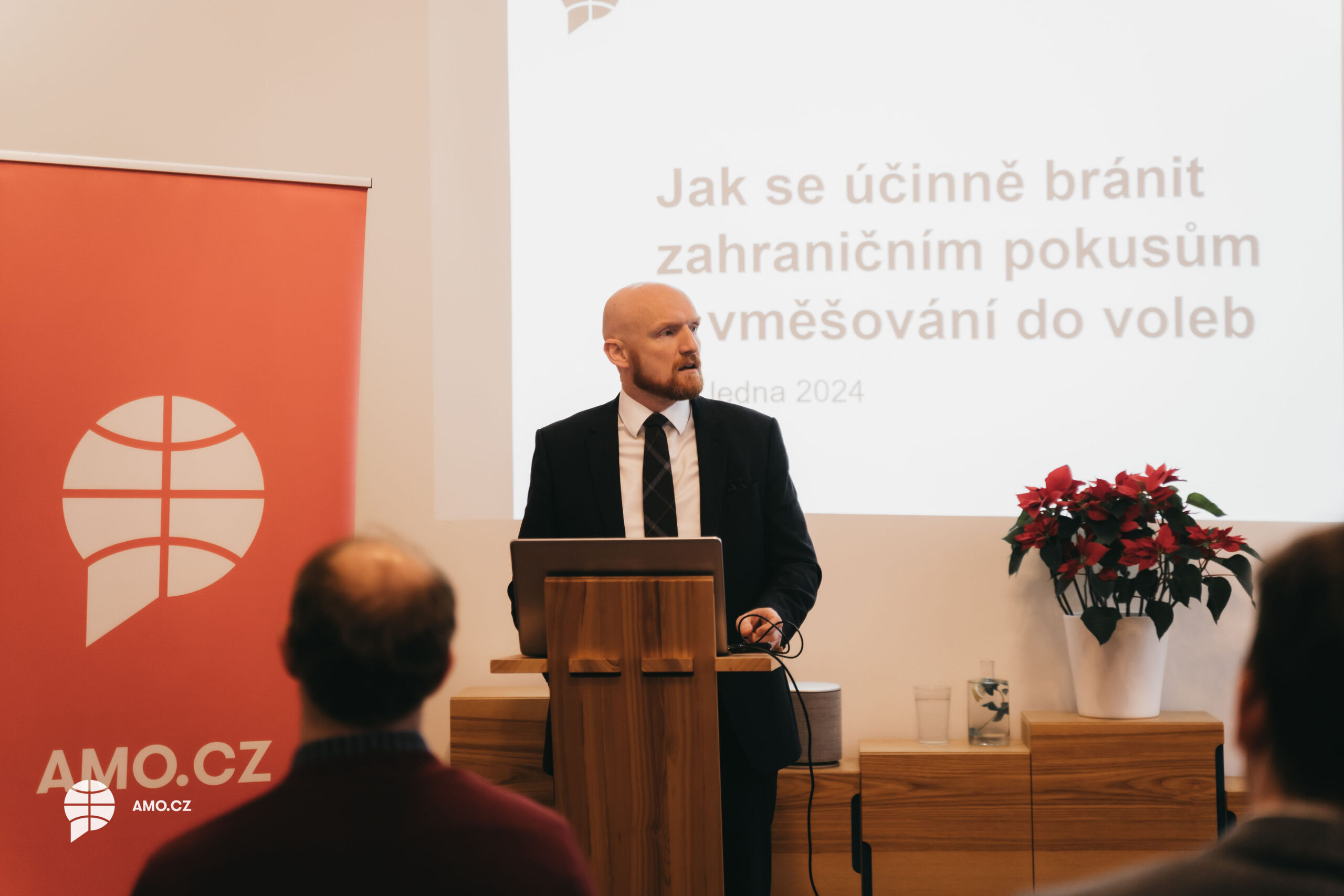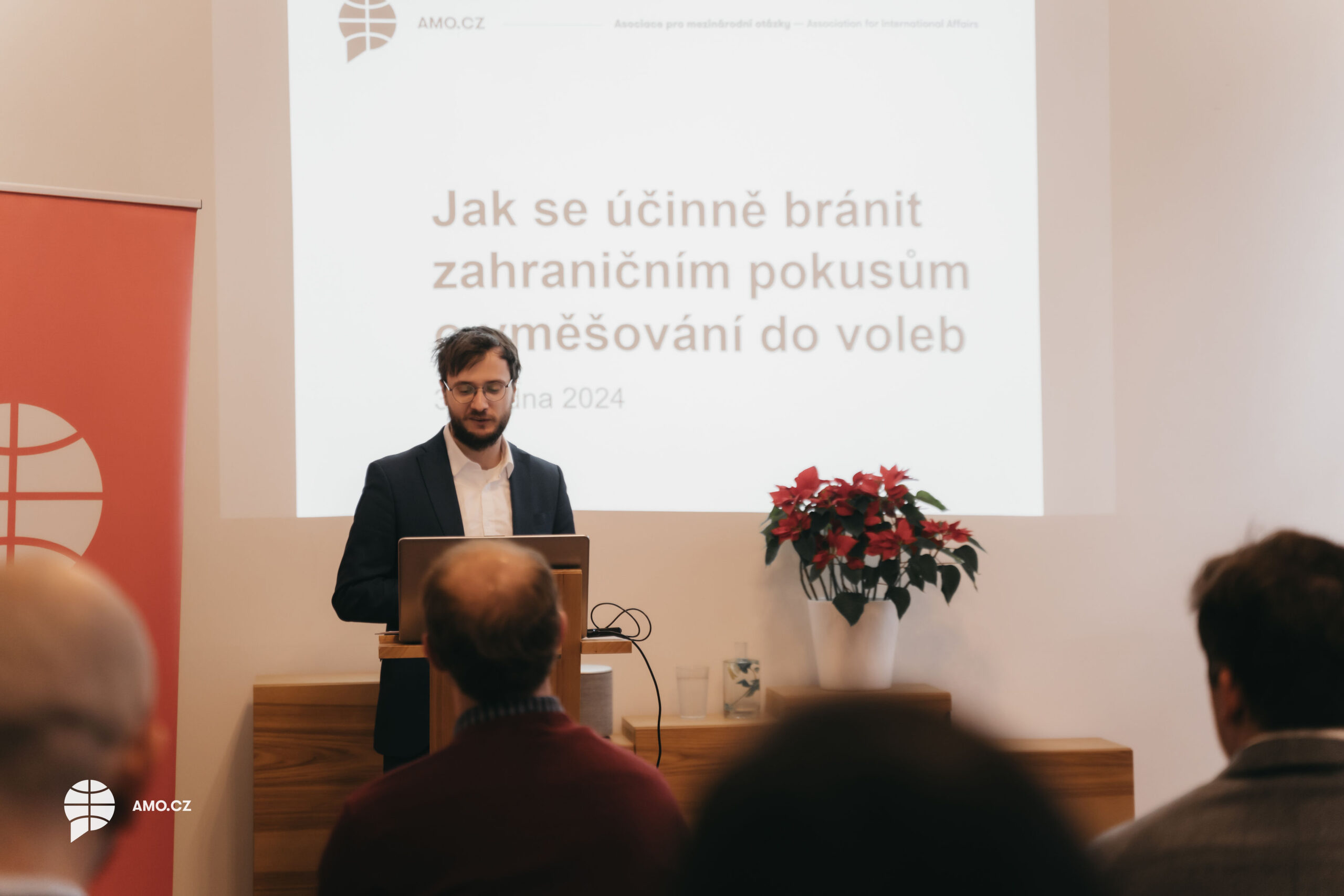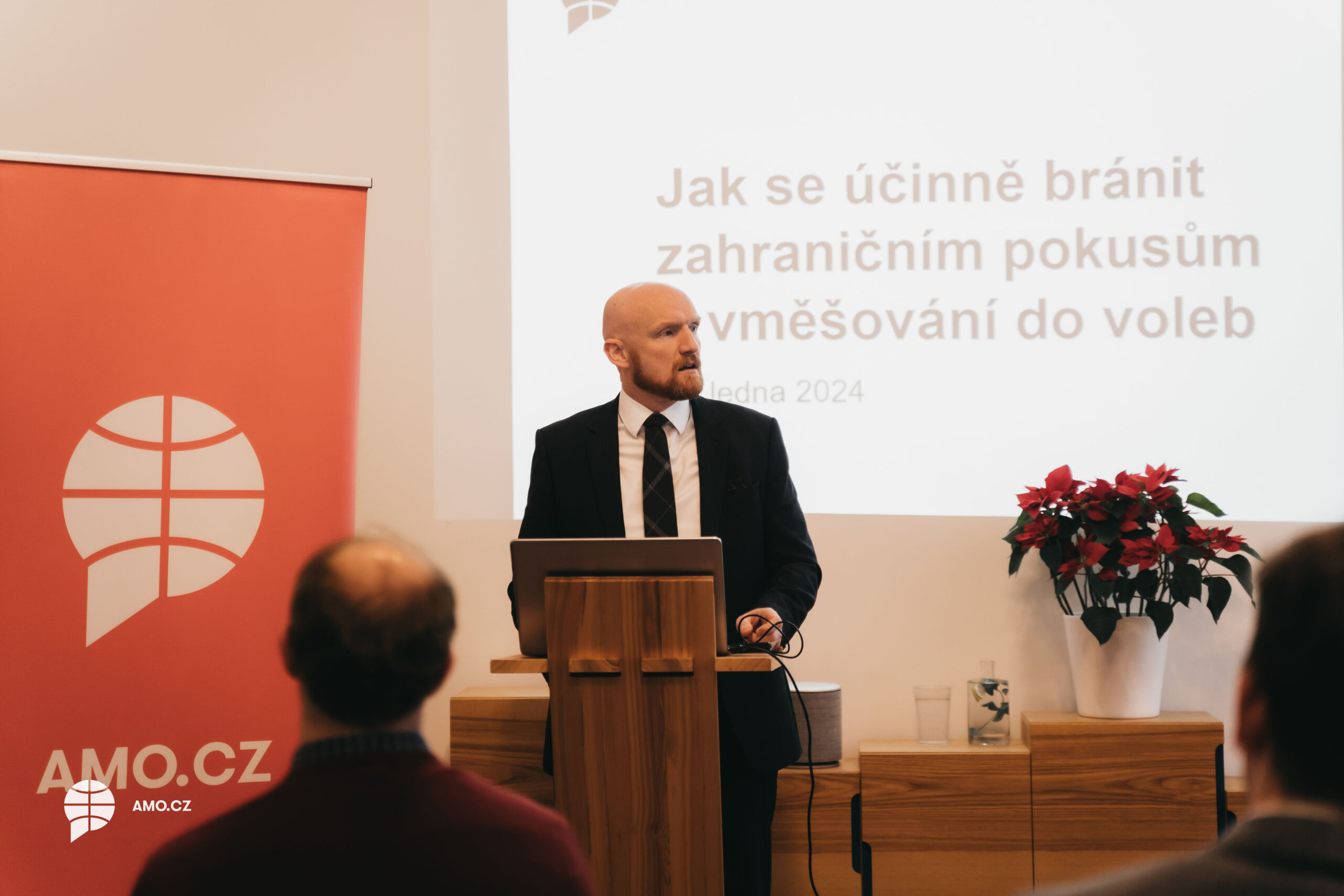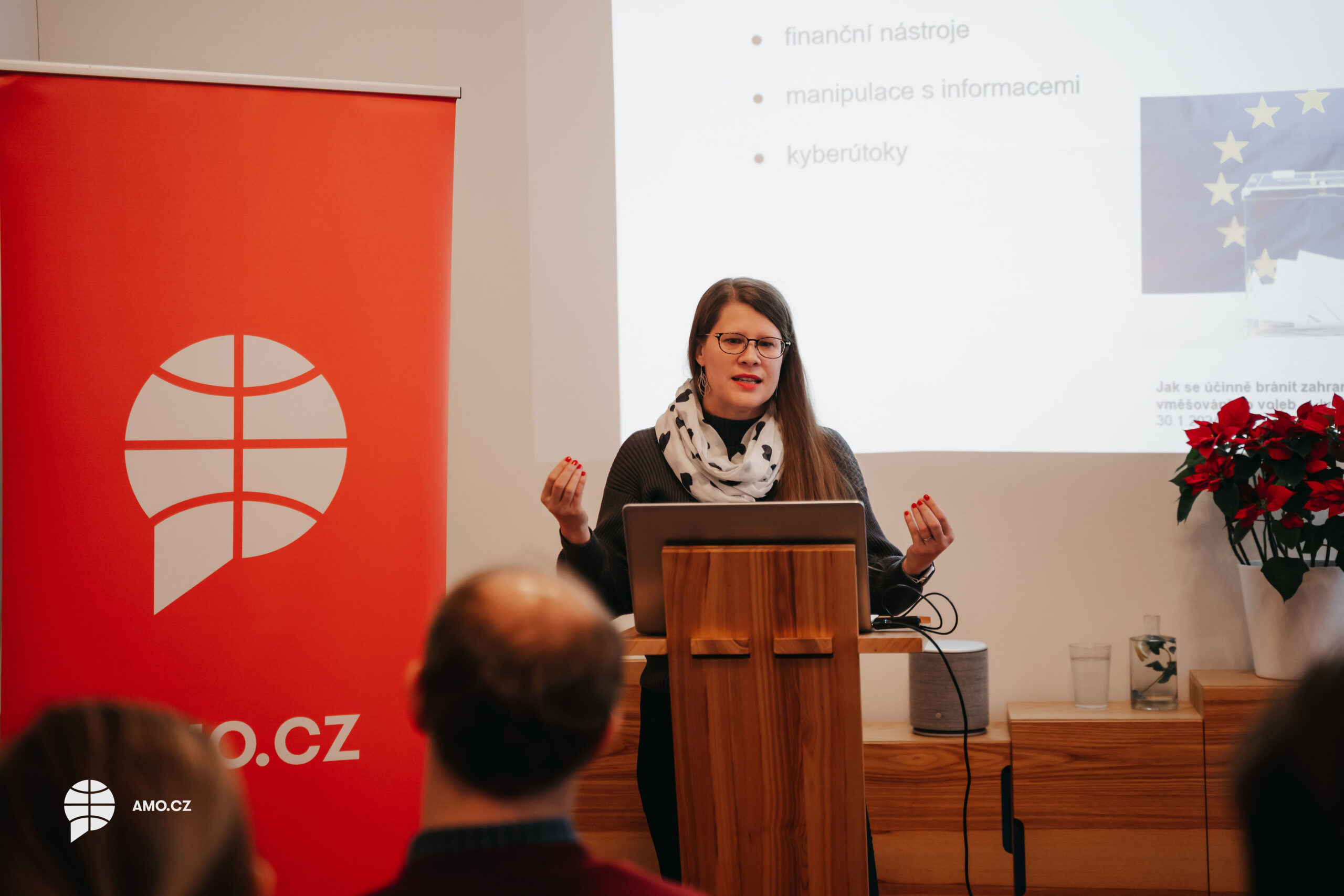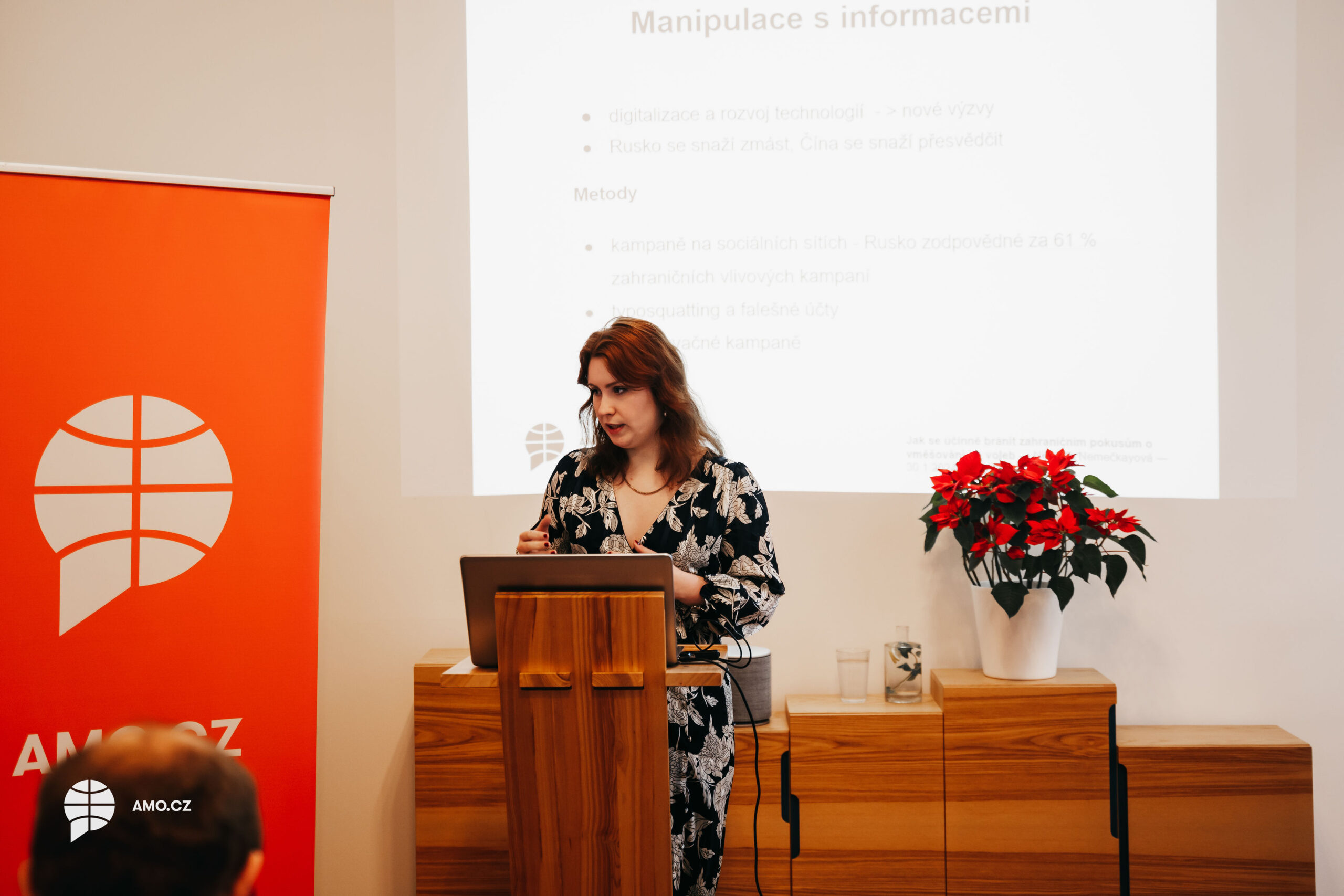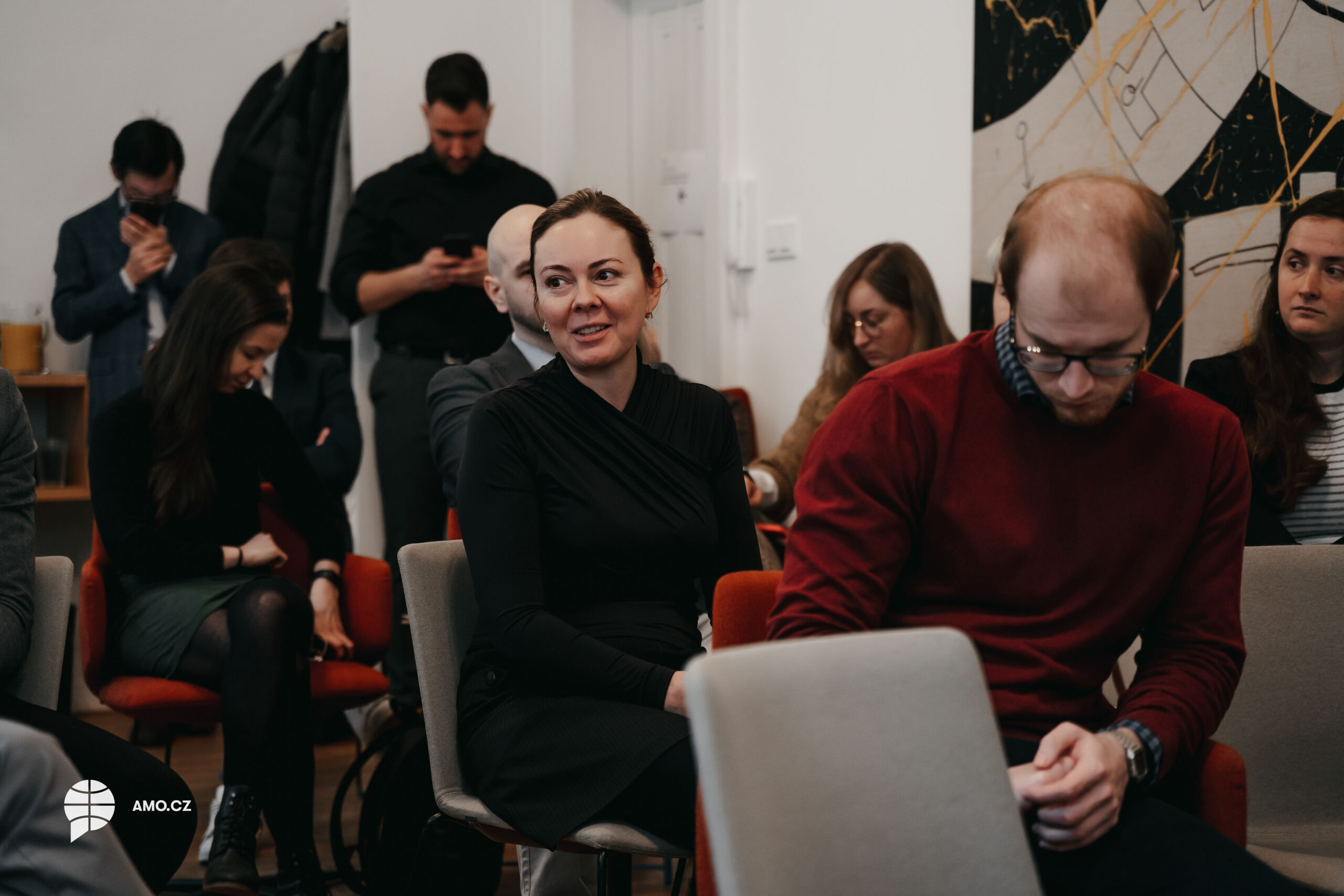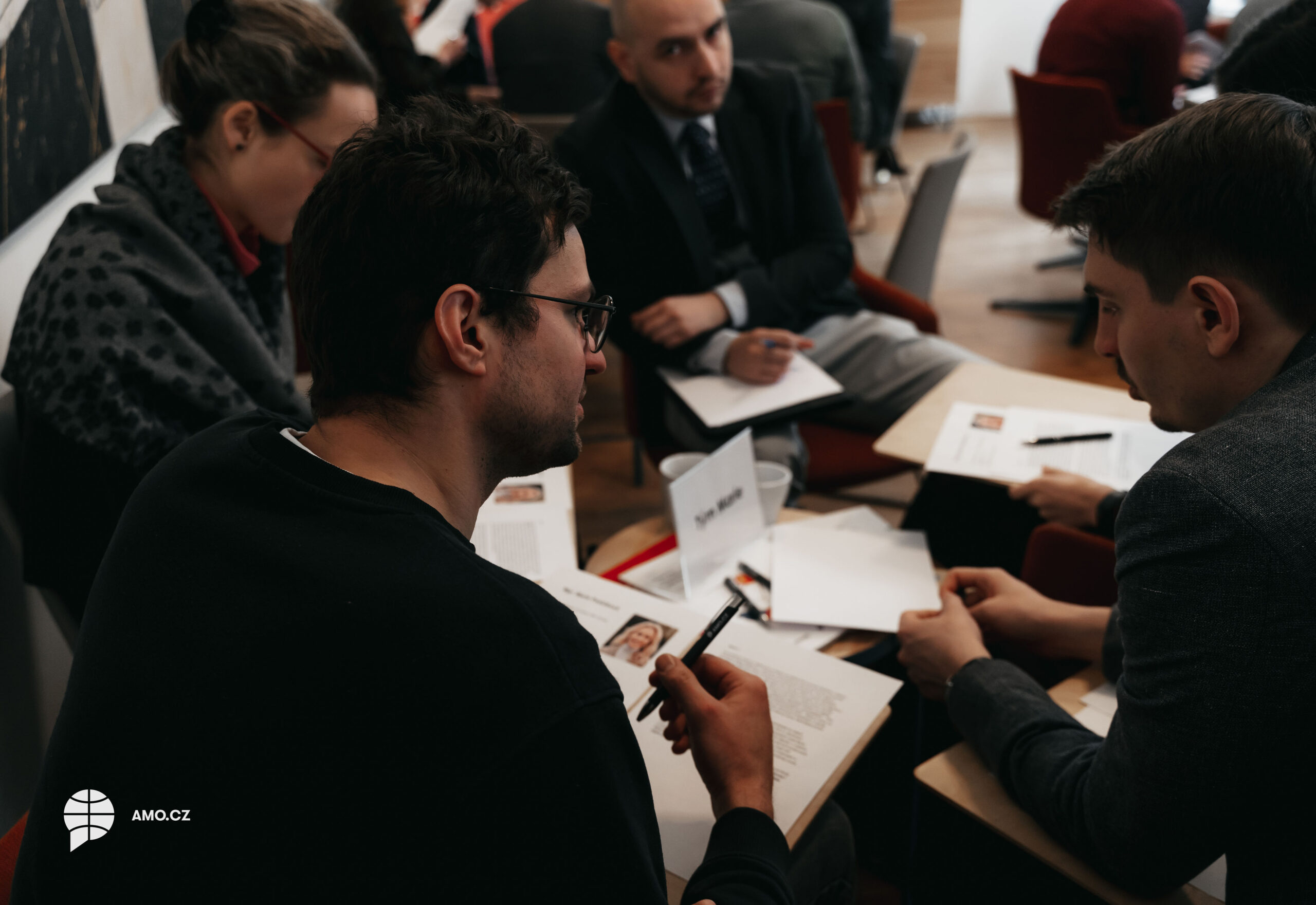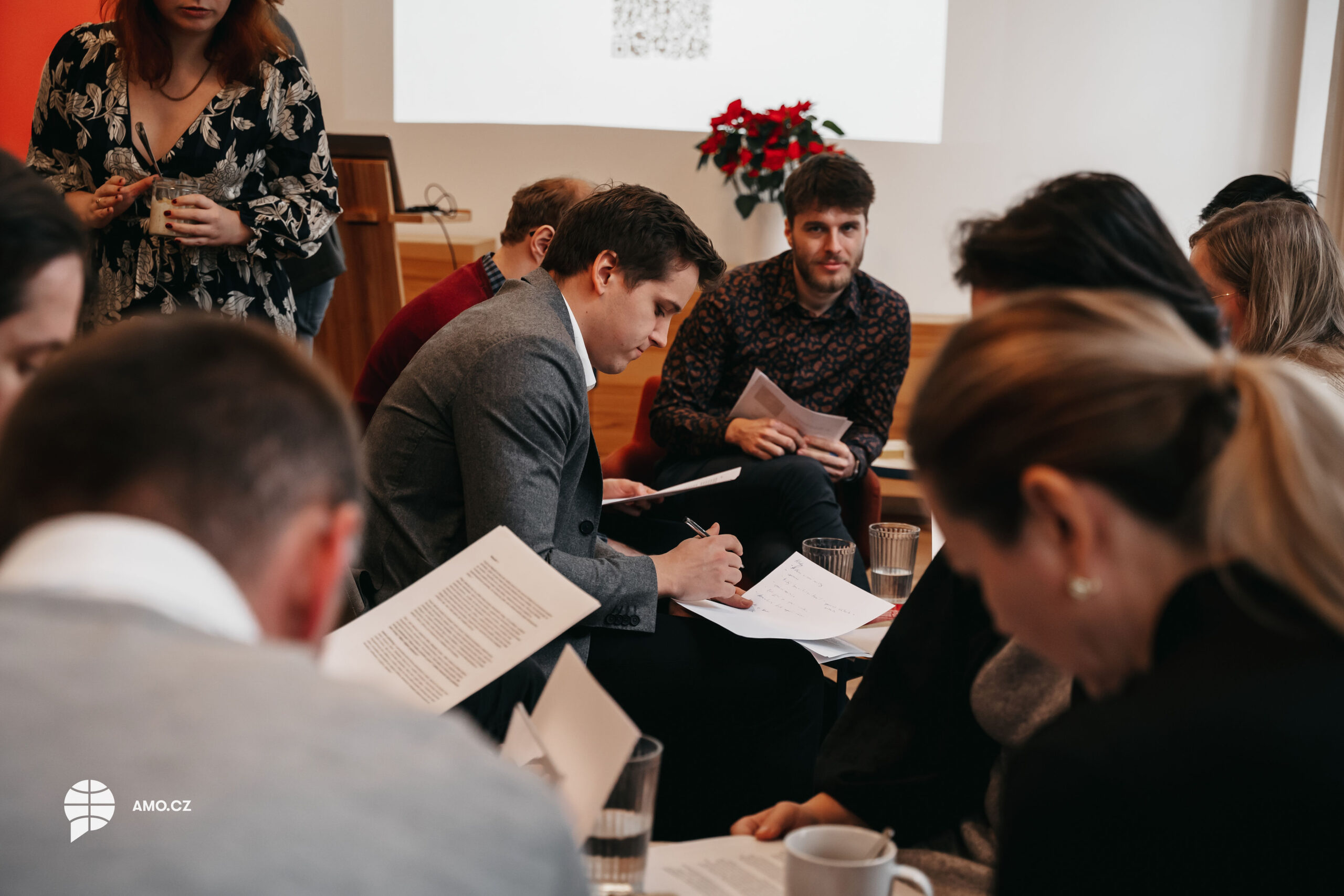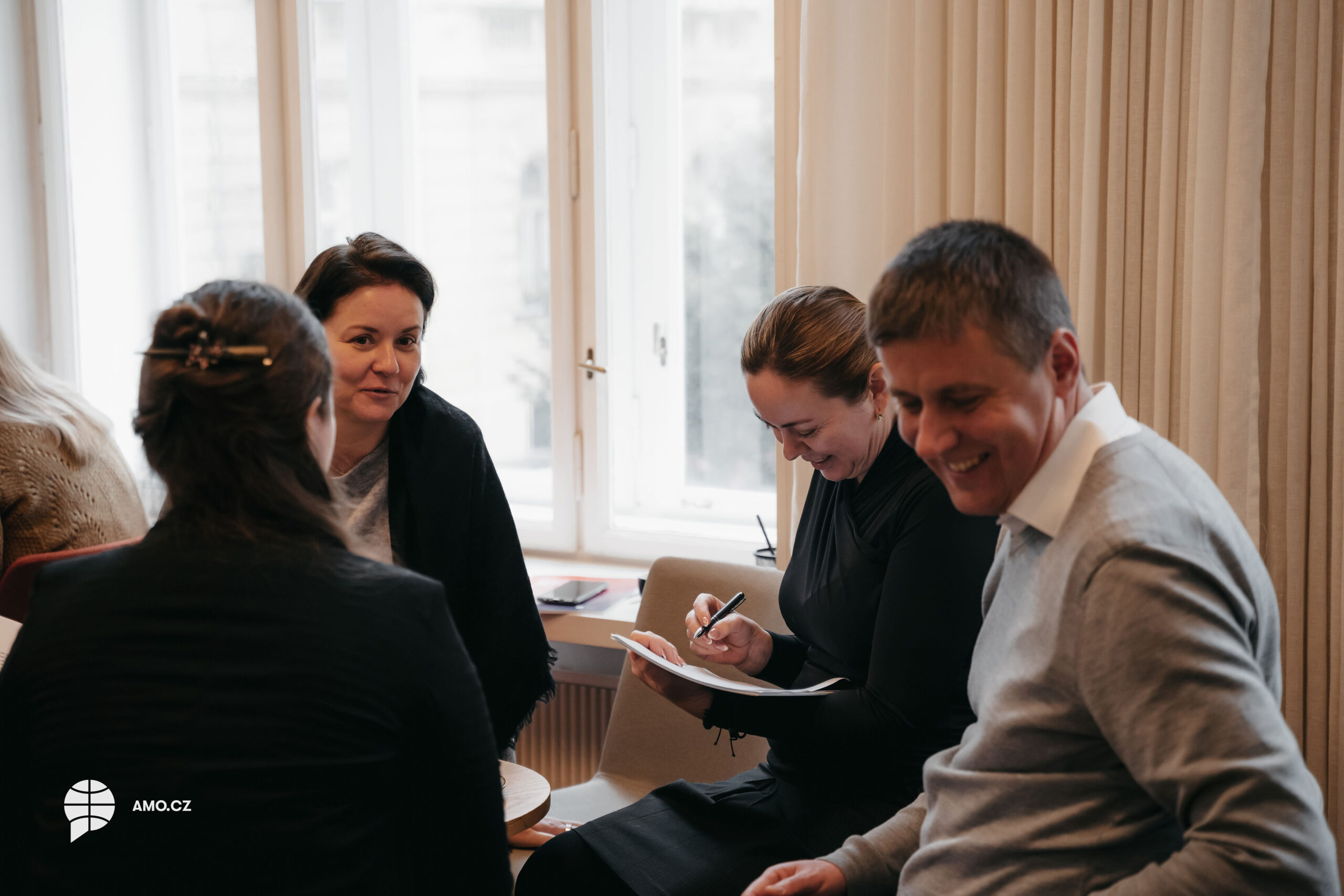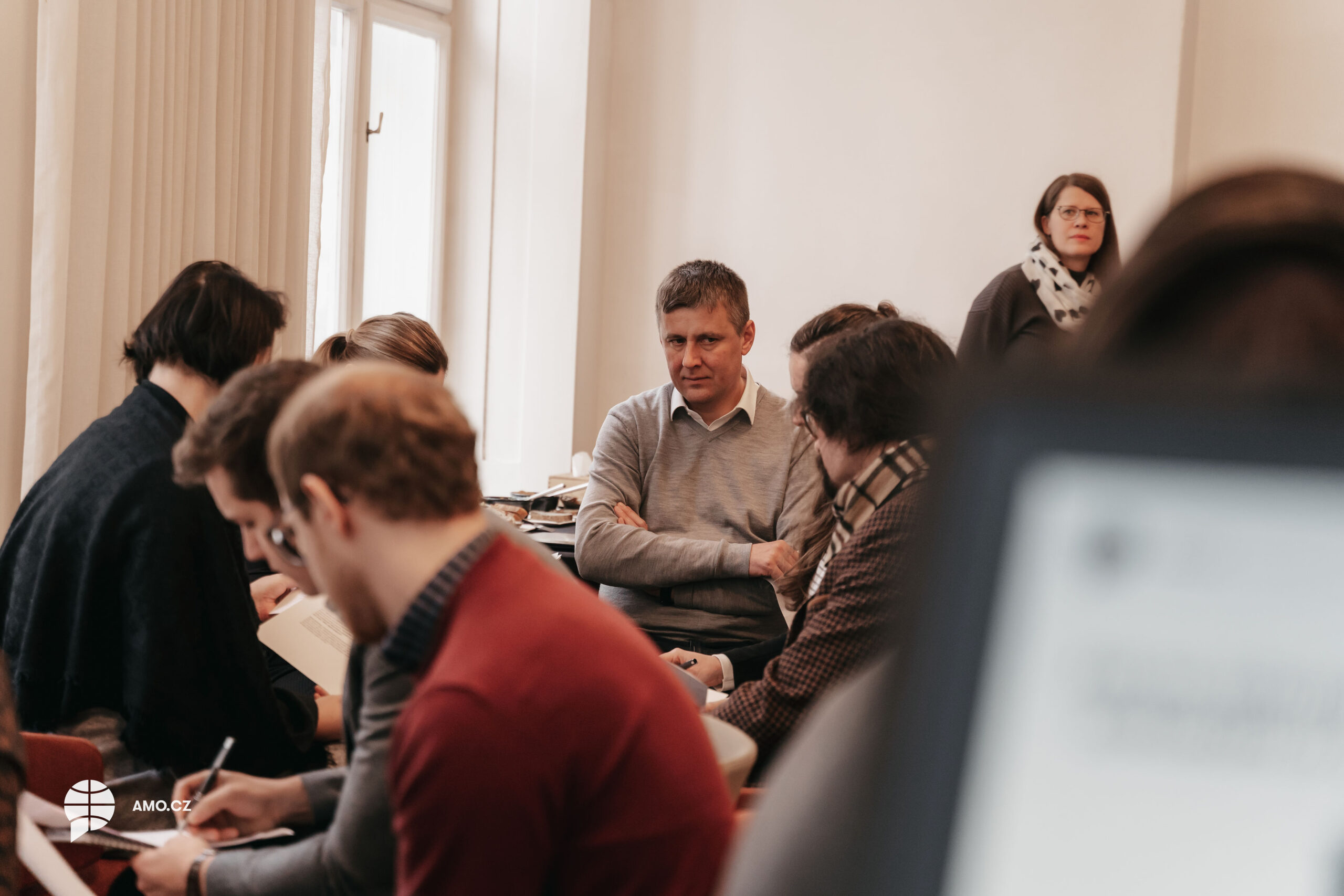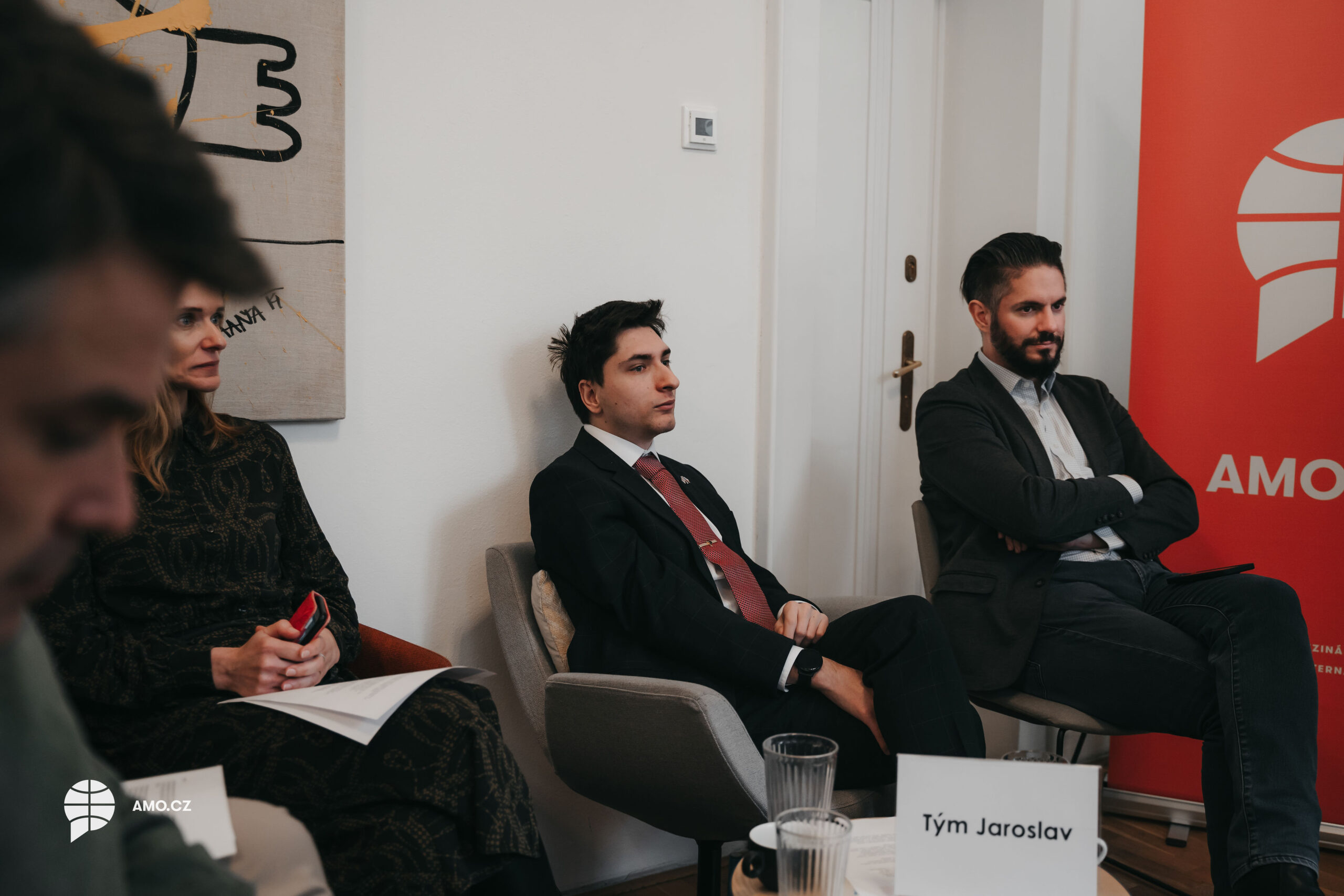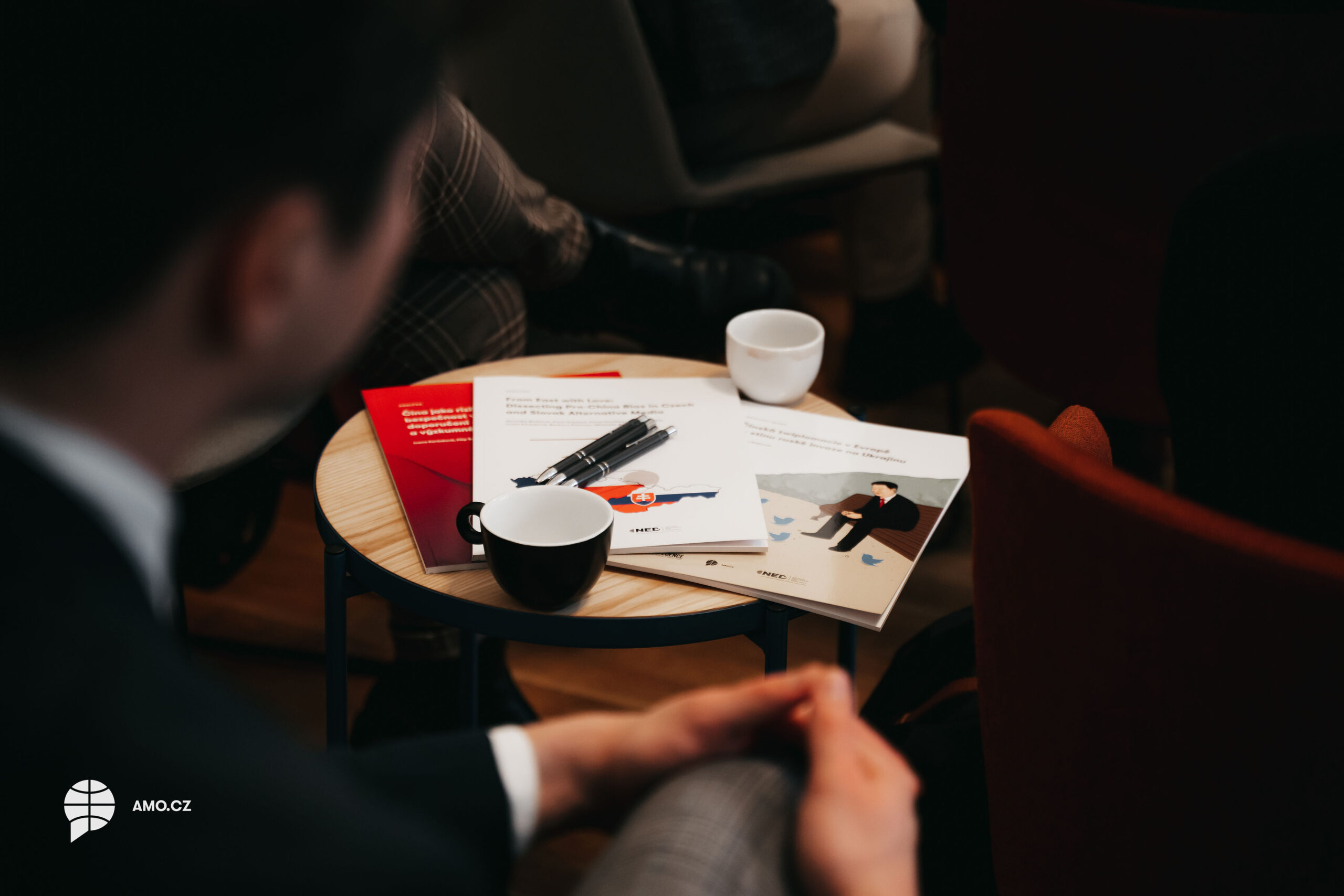Hostile foreign actors utilize complex methods to disrupt electoral processes through financial incentives, information manipulation and cyber interventions. The forthcoming 2024 European elections are expected to see an increase in such meddling efforts. While Russia’s interference in European electoral activities is well-documented, China represents a more recent concern. Its interference efforts have predominantly been documented in the Asia-Pacific region, affecting elections in places like Taiwan, Australia, Canada, and the US. However, factors such as Beijing’s desire to weaken the US-EU bond and its history of spreading Russian fake news suggest China could become a significant worry for Europe gradually. Evidence of these interference attempts makes it unlikely that the 2024 European elections will be unaffected.
In January, the Association for International Affairs (AMO) hosted a second round of a workshop focusing on the electoral interference tactics of China and Russia. The event saw participation from European electoral candidates, journalists, government officials, and civil society figures.
The opening remarks were delivered by H.E. Matt Field, the British Ambassador to the Czech Republic. AMO Research Fellows Ivana Karásková, Kara Němečková, and Nikoleta Nemečkayová presented the findings of a study on foreign interference in democratic processes, commissioned by the Authority for European Political Parties and European Political Foundations. The session was followed by a discussion where the participants could share their own experiences with attacks on their electoral platforms.
In the second part of the workshop, led by Filip Šebok, AMO Research Fellow, participants formed small groups and were assigned a fictional politician. Their task was to create defense strategies against Russia and China’s complex interference tactics.
The workshop’s goal was to raise awareness of foreign electoral interference’s objectives and strategies among individuals active in the public sphere and to pinpoint effective measures to counteract these foreign influences on elections. This facilitated a dynamic exchange of views, enabling attendees to examine the issue from multiple angles and devise creative responses to thwart electoral meddling attempts.
